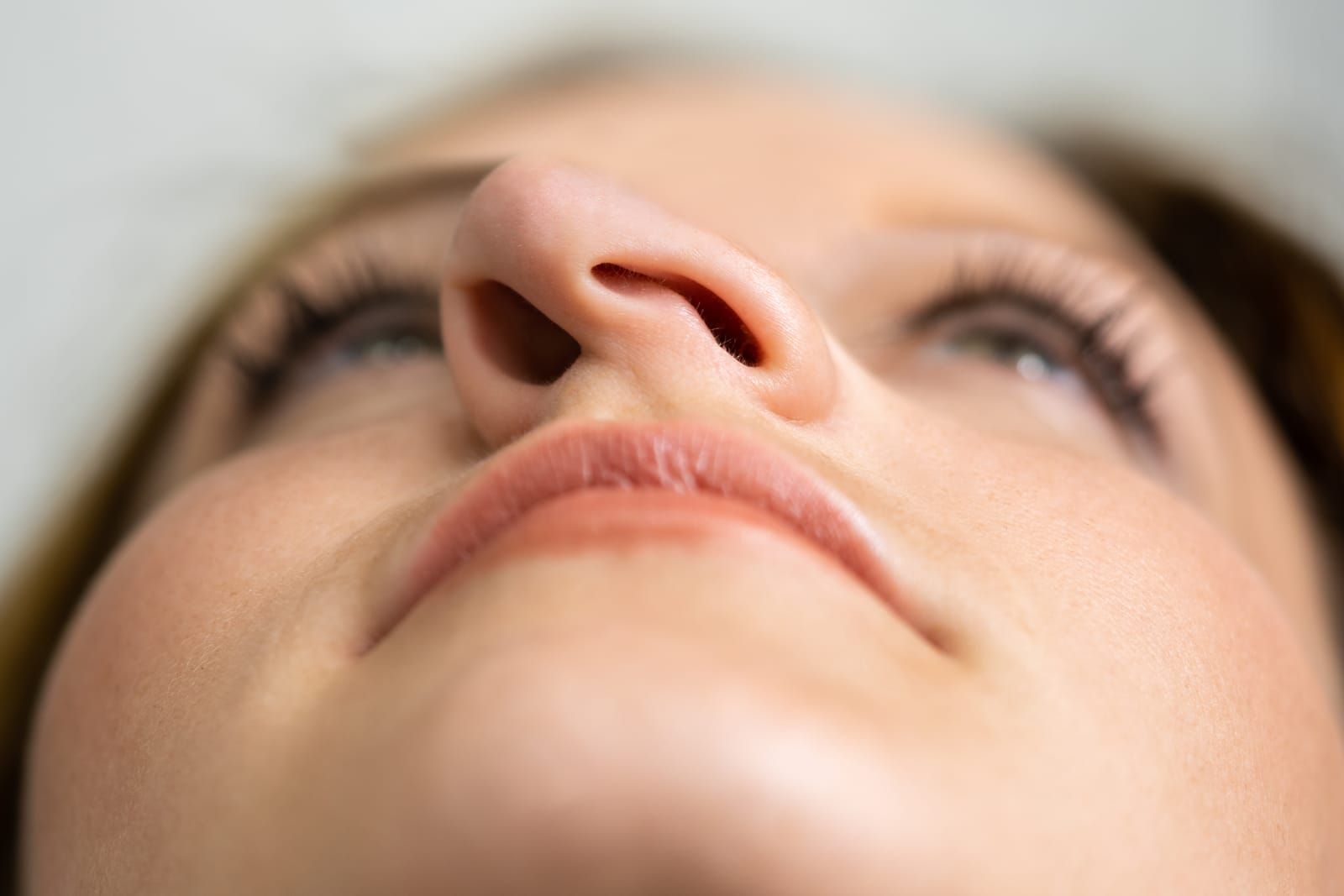How to Stop Snoring
Are you or your partner tired of sleepless nights because of snoring? Snoring affects millions of people and can lead to restless nights and daytime fatigue. Read on to learn more about how to stop snoring and improve your sleep quality.
Understanding Snoring
Snoring is the sound produced when airflow through the mouth and nose is partially obstructed during sleep. This obstruction causes the tissues in the throat to vibrate, resulting in the characteristic snoring sound.
Common Causes of Snoring
Several factors can contribute to this blockage, including:
- Anatomy: The size and shape of your throat, tongue, and palate can influence snoring.
- Age: As people age, throat muscles become weaker, increasing the likelihood of snoring.
- Weight: Excess body weight, particularly around the neck, can put pressure on the airway.
- Sleep Position: Sleeping on the back can cause the tongue to fall backward, obstructing airflow.
- Nasal Issues: Conditions such as allergies or a deviated septum can restrict airflow through the nasal passages.
Effective Solutions to Stop Snoring
Here are several treatment options to consider for reducing snoring:
- Lifestyle Changes
- Weight Loss: Reducing excess weight can alleviate pressure on the airway.
- Sleep Position: Encouraging side sleeping can help keep the airway open and reduce snoring.
- Avoiding Alcohol and Sedatives: Limiting these substances, especially before bedtime, can prevent muscle relaxation in the throat that contributes to snoring.
- Nasal Treatments
- Nasal Strips: Adhesive strips placed on the outside of the nose can help keep nasal passages open.
- Decongestants: Over-the-counter decongestants or antihistamines can help relieve nasal congestion and improve airflow during sleep.
- Nasal Sprays: These can help keep nasal passages moist and clear.
- Oral Appliances
- Custom-fitted mouthpieces from a dentist can reposition the jaw or tongue to prevent airway obstruction during sleep.
- Continuous Positive Airway Pressure (CPAP) and Inspire Sleep Therapy
- For those who have been diagnosed with obstructive sleep apnea, a Continuous Positive Airway Pressure (CPAP) machine delivers continuous air pressure to keep the airway open during sleep. In contrast, Inspire therapy is a surgically implanted device that stimulates the hypoglossal nerve to prevent airway collapse without the need for a mask. While CPAP is often the first-line treatment, Inspire therapy offers an alternative for those who cannot tolerate CPAP or prefer a different solution.
- Surgery
- Surgical options may be considered for severe cases or when anatomical issues contribute to snoring. Procedures may include:
- Uvulopalatopharyngoplasty (UPPP): Removing excess tissue from the throat.
- Genioglossus Advancement: Repositioning the tongue muscle attachment to prevent airway blockage.
- Somnoplasty: Using radiofrequency energy to shrink tissue in the throat.
If you have persistent concerns about snoring or suspect you may have sleep apnea, reach out to our experts at ENT Care Centers. From lifestyle changes to medical treatments, there’s something for everyone. We’re here to help you breathe easier and sleep better!













